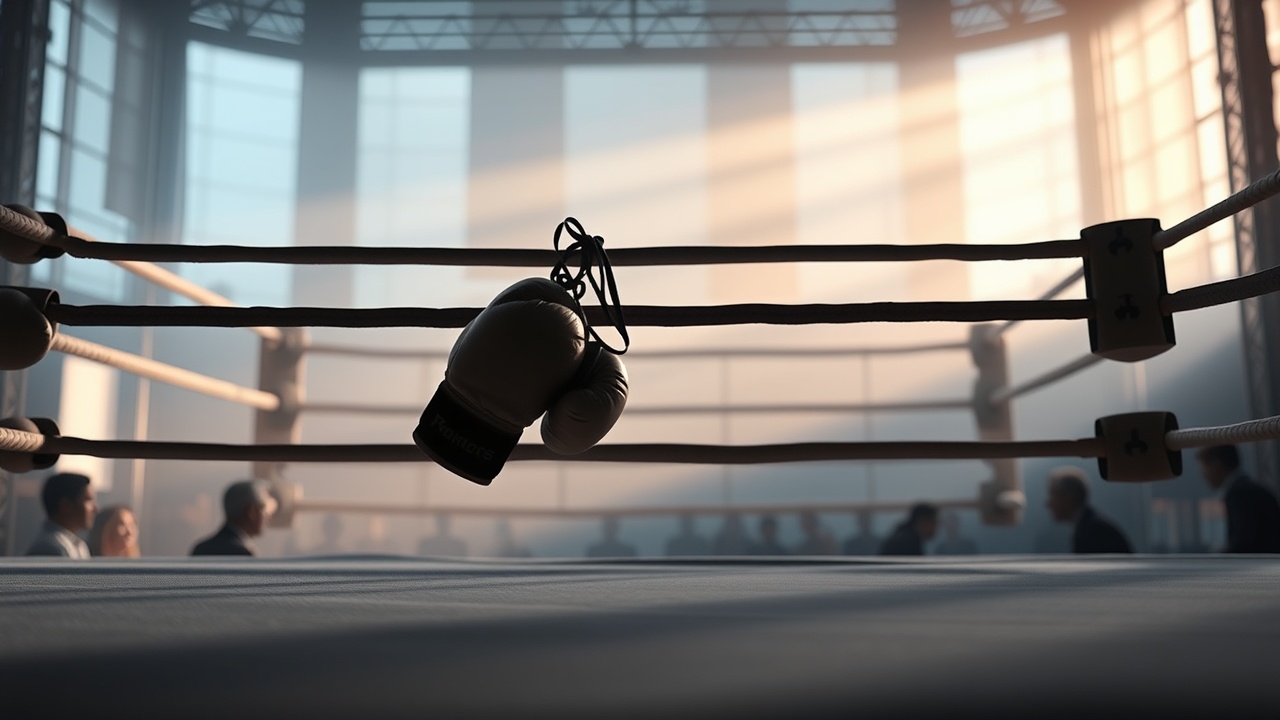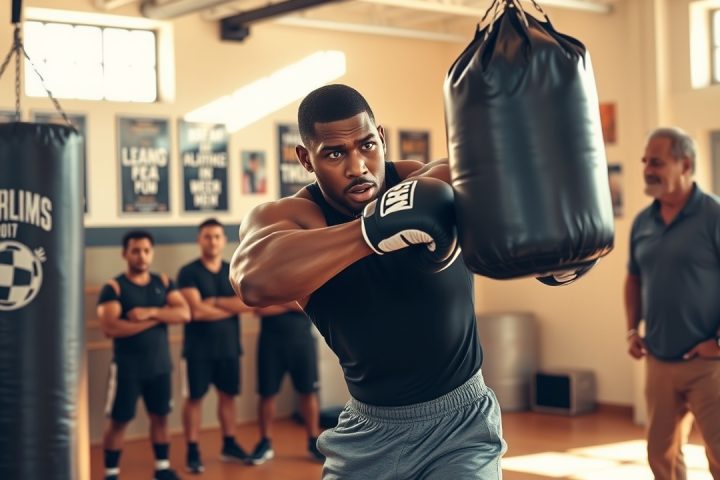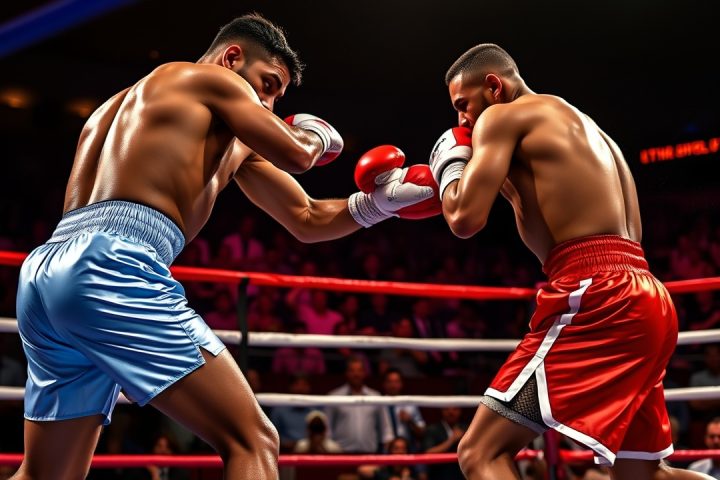Recent Developments in Boxing and Athlete Safety
Recent developments in the boxing world have illustrated troubling trends regarding athlete safety, particularly in light of significant incidents that have shaken the community. Once ranked as one of the most dangerous sports, boxing has seen its mortality rate fall to 14th place, a decline noted by the World Boxing Council (WBC) President Mauricio Sulaimán.
Tragic Incidents Highlighting Risks
This drop follows tragic occurrences in Japan where two boxers, Shigetoshi Kotari and Hiromasa Urakawa, tragically passed away during the same event, serving as a stark reminder of the risks tied to the sport. A third fighter remains in critical condition, further highlighting the urgent need for improved safety measures within boxing.
Immediate Actions and Responsibilities
In response to these harrowing events, the Japan Boxing Commission has initiated immediate corrective actions. Sulaimán has articulated that despite the fact that boxing is now safer than in previous eras, the responsibility of safeguarding fighters extends beyond the ring and encompasses everyone involved including promoters, trainers, and families.
“No one should rest on their laurels,” Sulaimán stated regarding the imperative to continue enhancing safety protocols.
Essential Strategies for Mitigating Risks
He emphasized essential strategies to mitigate risks, outlining several critical areas such as:
- Weight Management: Sulaimán deemed rapid weight cutting as one of the sport’s gravest challenges, advocating for stricter observation both pre- and post-bout.
- Rest Periods: The official highlighted the importance of enforced suspension periods—ranging from two weeks to three months—based on the complexity of the fights in an effort to protect fighter welfare.
- Medical Assessments: He insisted that fighters should undergo annual MRIs and comprehensive health evaluations, ensuring all protocols are adhered to.
- Substance Monitoring: The need for scrutiny related to fighters’ intake of substances, including alcohol and performance enhancers, is paramount according to Sulaimán.
- Safety in Matchmaking: The WBC president criticized promoters for arranging fights considered too uneven in skill or experience, labeling these practices as dangerous and unacceptable.
- Referee and Corner Decisions: Stopping fights in a timely manner is critical, Sulaimán reiterates, urging the welfare of fighters should always take precedence over competition.
“The responsibility of ensuring fighters’ safety is fundamental and cannot be overlooked,” Sulaimán declared, urging all stakeholders and members of the boxing community to remain vigilant not just in the ring, but throughout the entirety of the athletes’ careers.
Commitment to Enhanced Safety Regulations
In light of the recent fatalities, the WBC is committed to enhancing its Medical Task Force and supporting boxing commissions globally to enforce more rigorous safety regulations, fundamentally aimed at averting such tragedies in the future.




